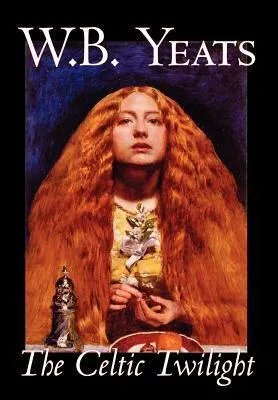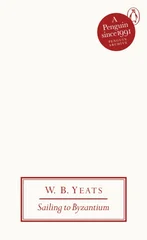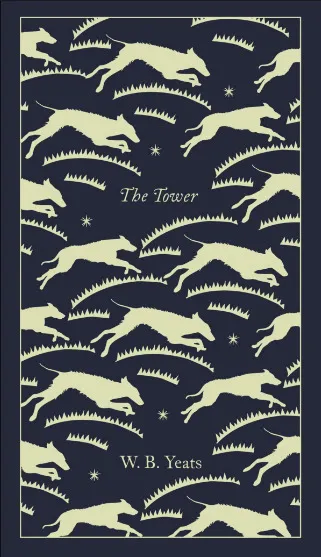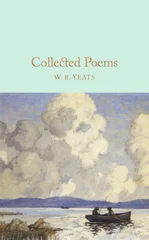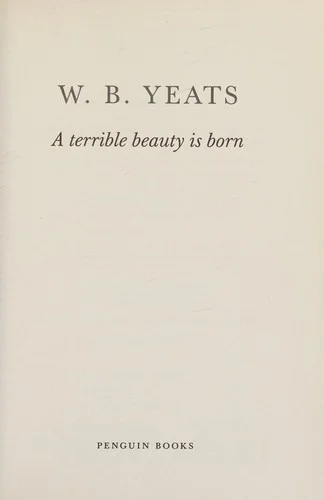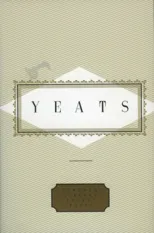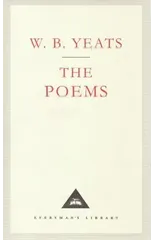The Celtic Twilight
(Author) W B YeatsI have desired, like every artist, to create a little world out of the beautiful, pleasant, and significant things of this marred and clumsy world, and to show in a vision something of the face of Ireland to any of my own people who would look where I bid them. I have therefore written down accurately and candidly much that I have heard and seen, and, except by way of commentary, nothing that I have merely imagined. I have, however, been at no pains to separate my own beliefs from those of the peasantry, but have rather let my men and women, dhouls and faeries, go their way unoffended or defended by any argument of mine. The things a man has heard and seen are threads of life, and if he pull them carefully from the confused distaff of memory, any who will can weave them into whatever garments of belief please them best. I too have woven my garment like another, but I shall try to keep warm in it, and shall be well content if it do not unbecome me. Hope and Memory have one daughter and her name is Art, and she has built her dwelling far from the desperate field where men hang out their garments upon forked boughs to be banners of battle. O beloved daughter of Hope and Memory, be with me for a little
W B Yeats
W B Yeats (1865-1939) was an Irish poet, playwright, and one of the foremost figures of 20th-century literature. Known for his mystical and symbolic style, Yeats' poetry explored themes of Irish folklore, mythology, and the occult. His most notable works include "The Tower," "The Wild Swans at Coole," and "The Second Coming." Yeats was awarded the Nobel Prize in Literature in 1923, recognizing his profound impact on the literary world and his contributions to the Irish literary revival. His most famous work, "The Second Coming," remains a timeless and powerful reflection on the chaos and uncertainty of the modern world. Yeats' legacy continues to inspire generations of poets and writers, solidifying his place as one of the greatest poets of the 20th century.
